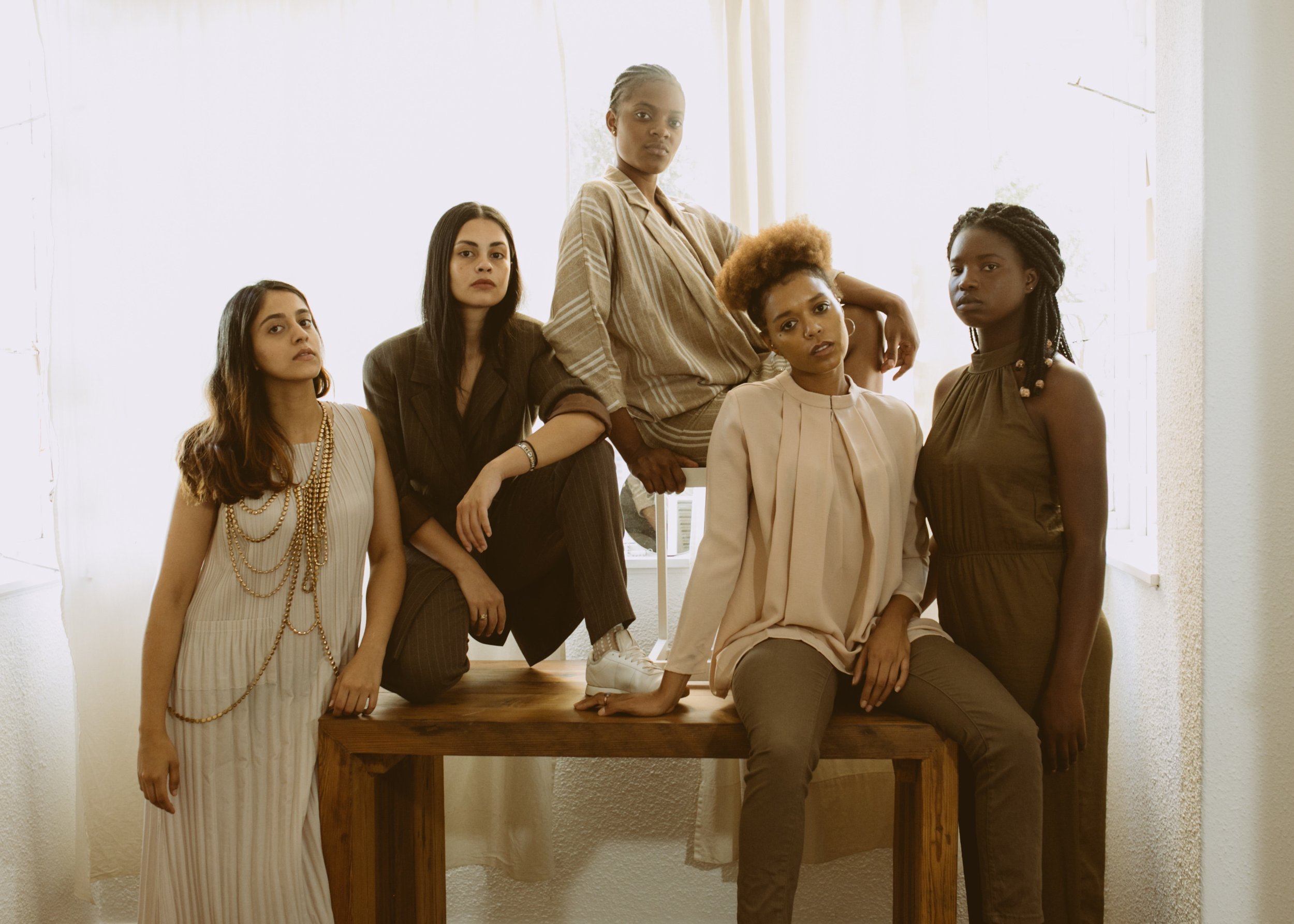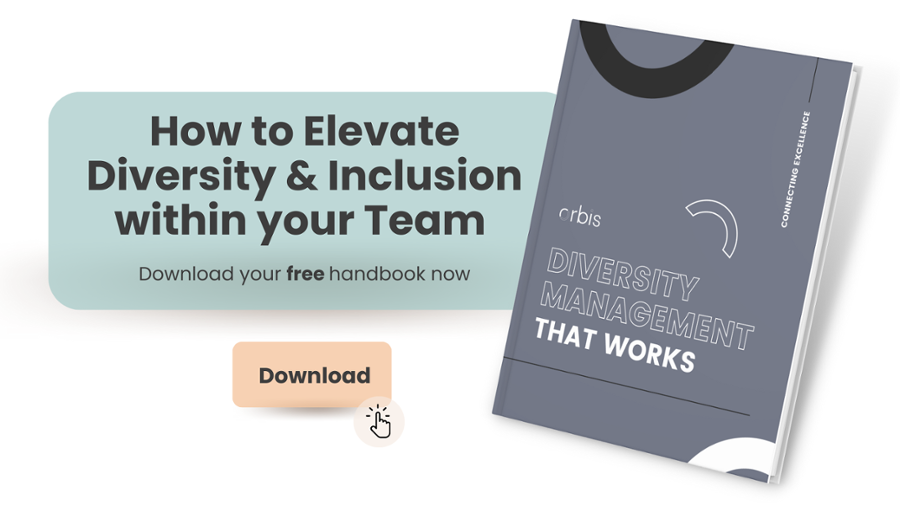
What actually is a feminist?
It’s a big word and one that we hear frequently, especially around this time of year. Sometimes it can be seen as complex and confusing, but really what it boils down to is simpler than many think.
It’s not all hippies, bra-burning, armpit hair and shouting at men. Though we’ve got nothing against any of that.
Feminism:
“The advocacy of women's rights on the ground of the equality of the sexes.”
In regular people's talk that means that if you believe everyone should be treated equally, you’re a feminist. It really is, when you get down to the nuts and bolts of it, as simple as that.
Misconceptions about the word feminism include…
(Let’s debunk them!)
Only women can be feminists.
False. Both men and women can be feminists if they believe in the equality of the sexes, and that women should have all the same rights and opportunities as men. See also: Male Allies.
Feminism is anti-men.
Nope. The only thing feminism is ‘against’ is inequality. We live in an unfair system where women are often disadvantaged in many ways. But the point of feminism isn’t about blaming men or taking them down a peg, it’s about bringing women up to the same level of opportunity, and working toward equality that benefits everyone.
Feminists believe women are better than men.
On the contrary, feminism teaches that we are all the same. A world where women were treated as superior to men would be just as problematic as the one where men are superior to women. A feminist believes that everyone should have fair access to opportunities, equal access to things like education and employment, and be able to prove their abilities on equal footing without bias, assumptions or stereotypes around gender.
Feminists don’t care about their appearance or think ‘femininity’ is bad.
This is an outdated stereotype. Feminists believe that everyone has the right to look, dress, speak and behave however they like. If someone chooses to align with traits we think of as ‘feminine’ that’s great. If they don’t, that’s also up to them and no one else. The point is you’re not forced to be a certain way.
An extra glossary of feminist terms…
Male Ally: A man who supports women's rights and advocates for equality, including using their privilege to speak up for or defend women. Male allies are an example of men who are feminists! The two often go together.
Toxic masculinity: Gender bias and stereotypes are a disadvantage to men as well. Toxic masculinity is the set of social expectations placed on men to be a certain way, which can perpetuate problematic ideas such as ‘real men don’t show emotion’, and can even be connected to violence and misogyny.
Misogyny: Simply put, hatred and bad treatment of women. ‘Misandry’ is the equivalent hatred of men. ‘Misogynoir’ is a term specifically describing misogyny towards black women.
Patriarchy: The structure of society wherein men generally have more power and status than women.
Internalised sexism: This is when social ideas of women's inferiority ‘get into our heads’ and can affect the way women view themselves and other women.
Misgendering: This is when you refer to a person, especially a trans person, by the wrong gender pronouns (He vs Her vs They).
See also: Deadnaming. This is using a trans person's former name, from before their transition, with which they no longer identify. These can both be very harmful.
Implicit/ Unconscious Bias: These are the same thing, and they mean attitudes, beliefs or ideas that may affect our actions and choices without us knowing. For example, thinking of men as more ‘strong’ and women as more ‘caring’ might make you more likely to hire a man as a leader. This affects gender balance in certain types of roles across all industries.
Mansplaining: This is when a man explains something to a woman with the assumption that he knows better than she does, just because he’s a man. It’s connected to gender bias, and something women find patronising and challenging at work and in life.
Intersectional: This means understanding how identities overlap, and must all be taken into account and treated uniquely. For instance, an Intersectional feminist acknowledges that race and religion (as well as other factors) affect the way that a woman experiences discrimination and oppression, so we must see all the many facets rather than homogenising women when we talk about feminism.
Further reading…
Fancy a bit of homework? We expected no less.
We’ve come across this glossary of terms in plain language. If you’ve ever wondered what a TERF, SWERF or the Male Gaze is, find out here: https://eu.usatoday.com/story/news/2017/03/16/feminism-glossary-lexicon-language/99120600/
You want the full syllabus you say?!
Start with this reading list; our recent roundup of books by women writers for IWD, including some key feminist titles: https://wearehostcommunity.com/articles/book-roundup-for-iwd



